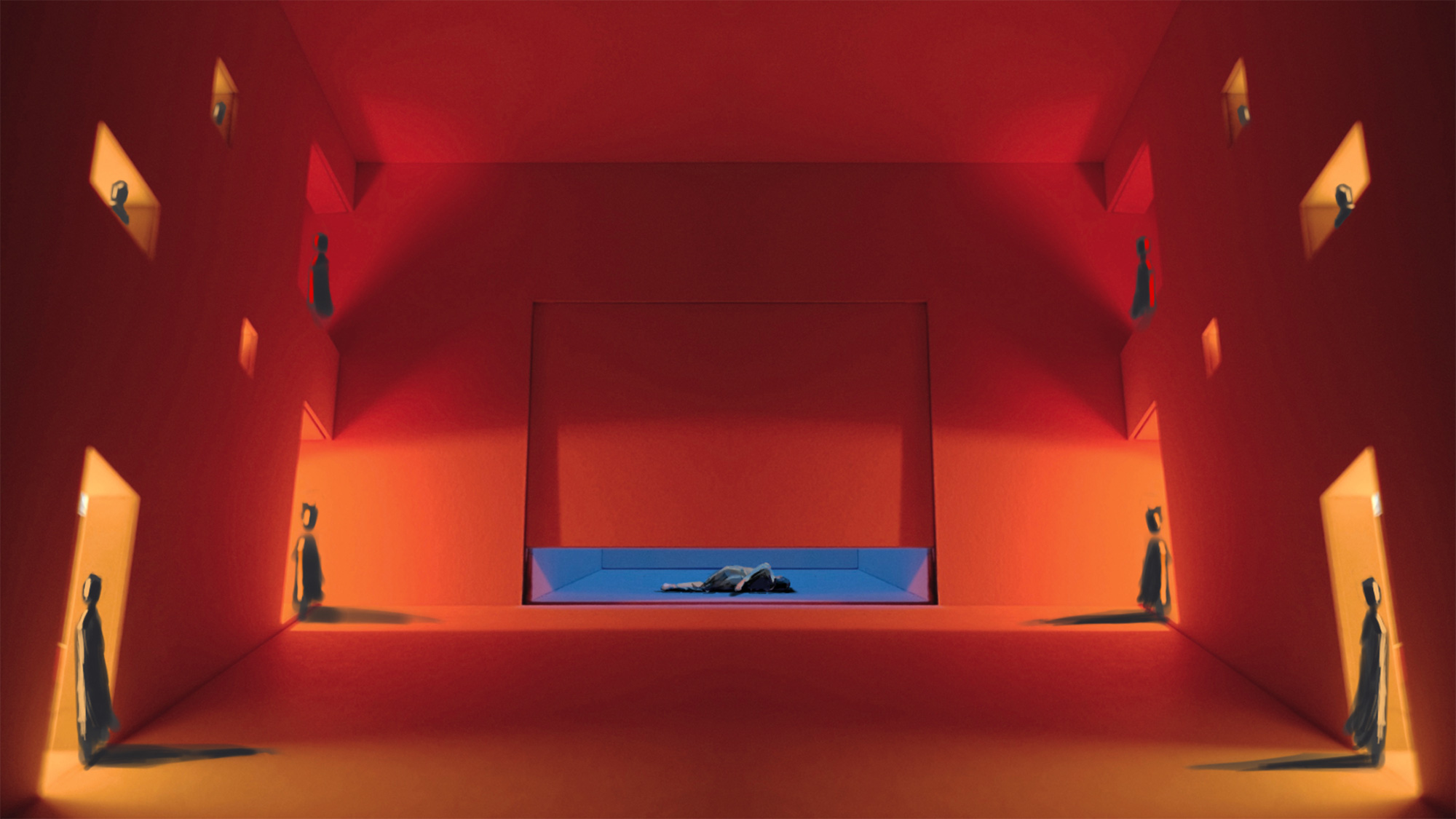Course units
Unit 1: Methods
Using your creative research skills, you’ll investigate and form a distinctive view of the discipline. Seminars will support your research by setting out the field and parameters of the course and the landscapes of cultural production. You’ll create speculative design proposals and test out your research ideas using industry tools. You may also participate in a collaborative project with your peers, which will culminate in a short, realised performance. There will be opportunities to explore technical software to develop your idea-generation, problem-solving and communication skills. You’ll also consider key themes in climate, social and racial justice in relation to theatre and performance design.
Unit 2: Practice
In this unit, you will use the practical research methods developed in unit 1 to facilitate and fully realise your design proposal ideas. You'll focus on specific areas of enquiry that challenge traditional and contemporary discourses in theatre and performance design. Collaborating with other theatre professionals, you’ll explore how different theatre techniques can impact the narrative. You will look at how climate, social and racial justice can help inform your creative practice.
Unit 3: Collaboration
In this unit, you’ll develop your collaborative practice. You will build ideas, proposals and events with other theatre and performance makers. You’ll also produce an ensemble design with your peers. This experience will expand the scale, scope and ambition of your practice and ideas. Outcomes can be presented in the form of drawings, sketches, 3D scale model or an appropriate digital form. Focusing on a specific area of interest, you’ll undertake creative research which will serve as the foundation for your final design project in unit 4. You’ll also be encouraged to investigate and, where possible, establish a partnership with a professional mentor.
Unit 4: Realisation
You will complete a self-directed final design project based on the research that you have undertaken during previous units. You’ll exhibit your final project in an agreed professional format, which may also include other work produced throughout the course. If you have a professional mentor, you may ask them to assist and critique your ideas, helping you to locate your practice within the wider research field and industry.
Please note, 120 credits must be passed before you undertake the final unit.

